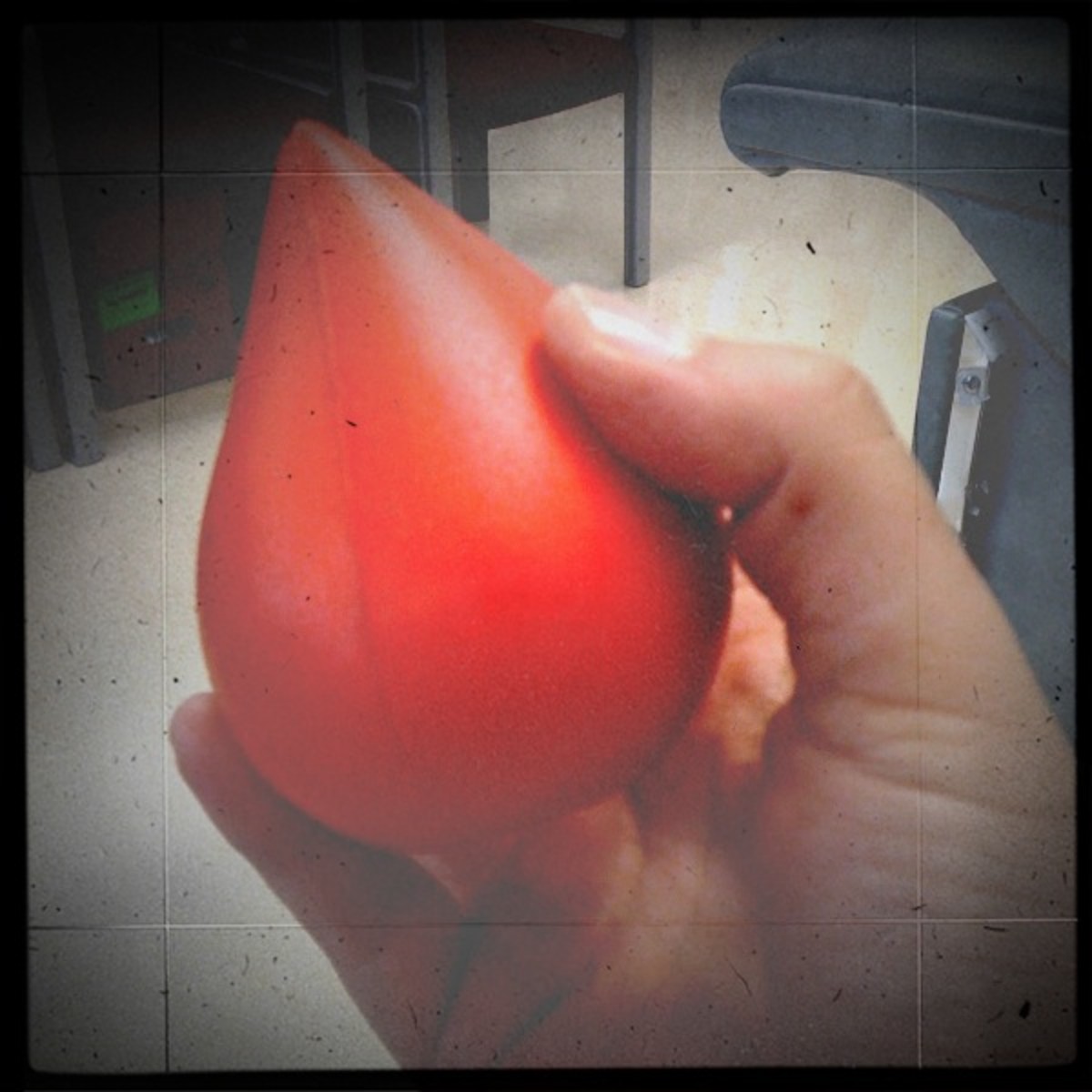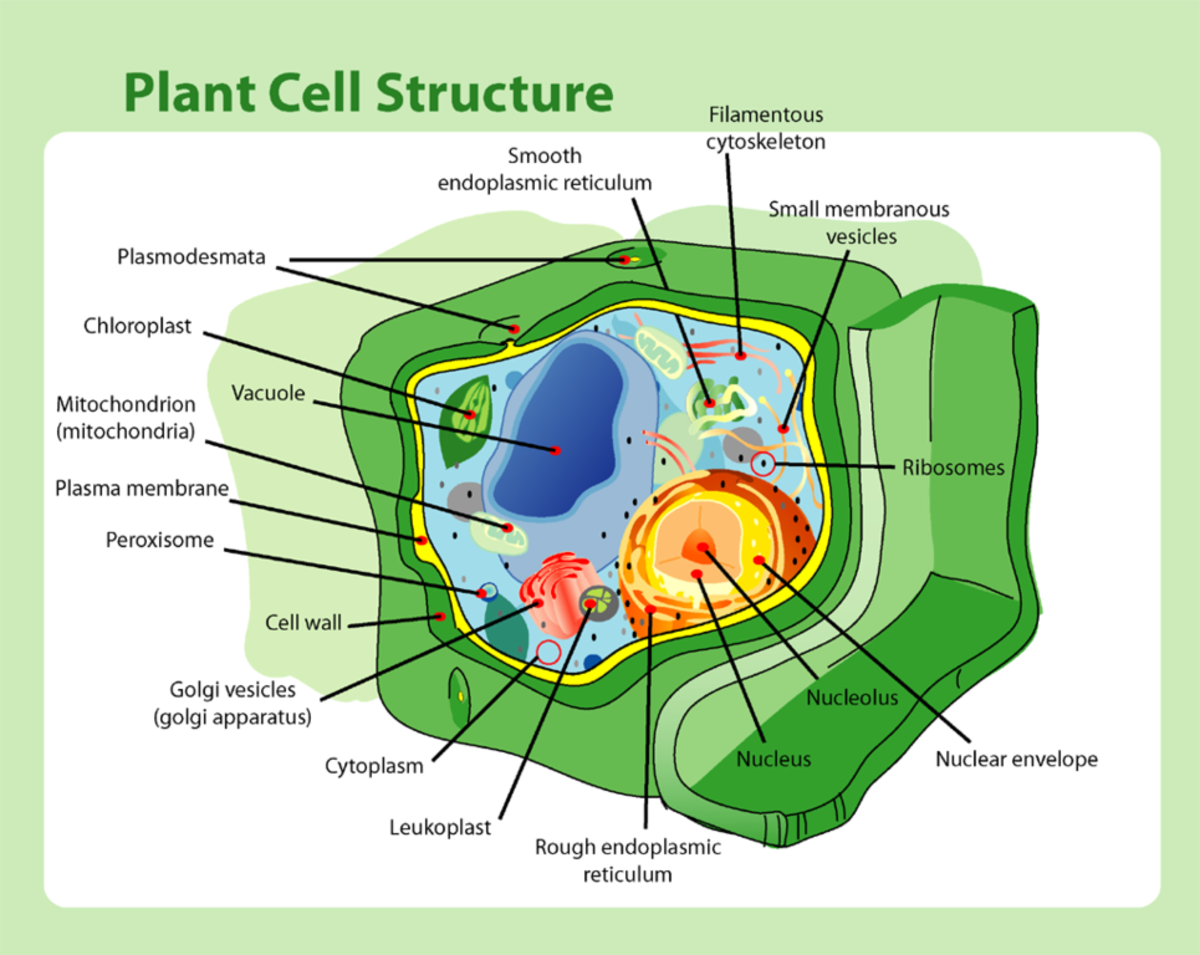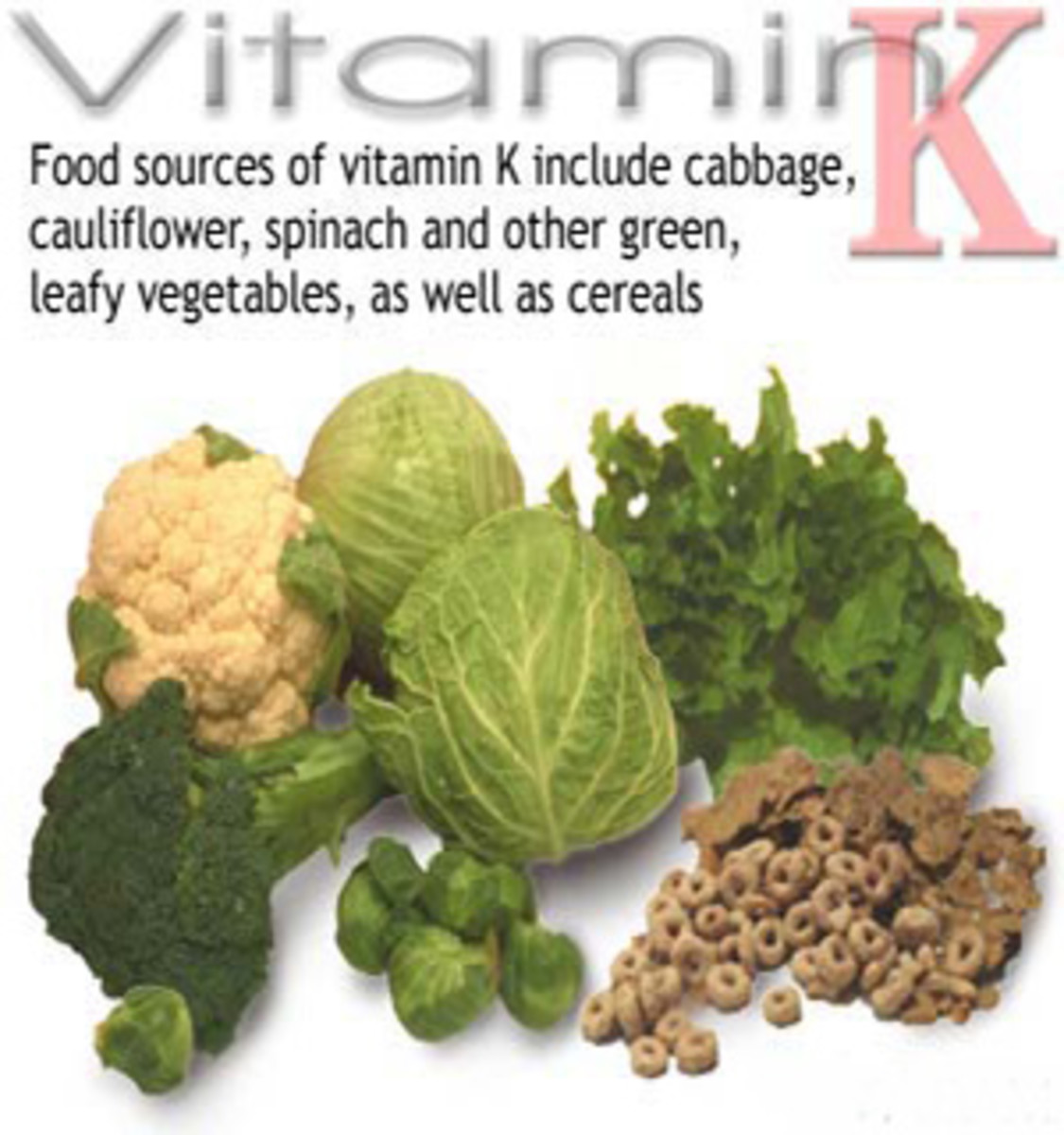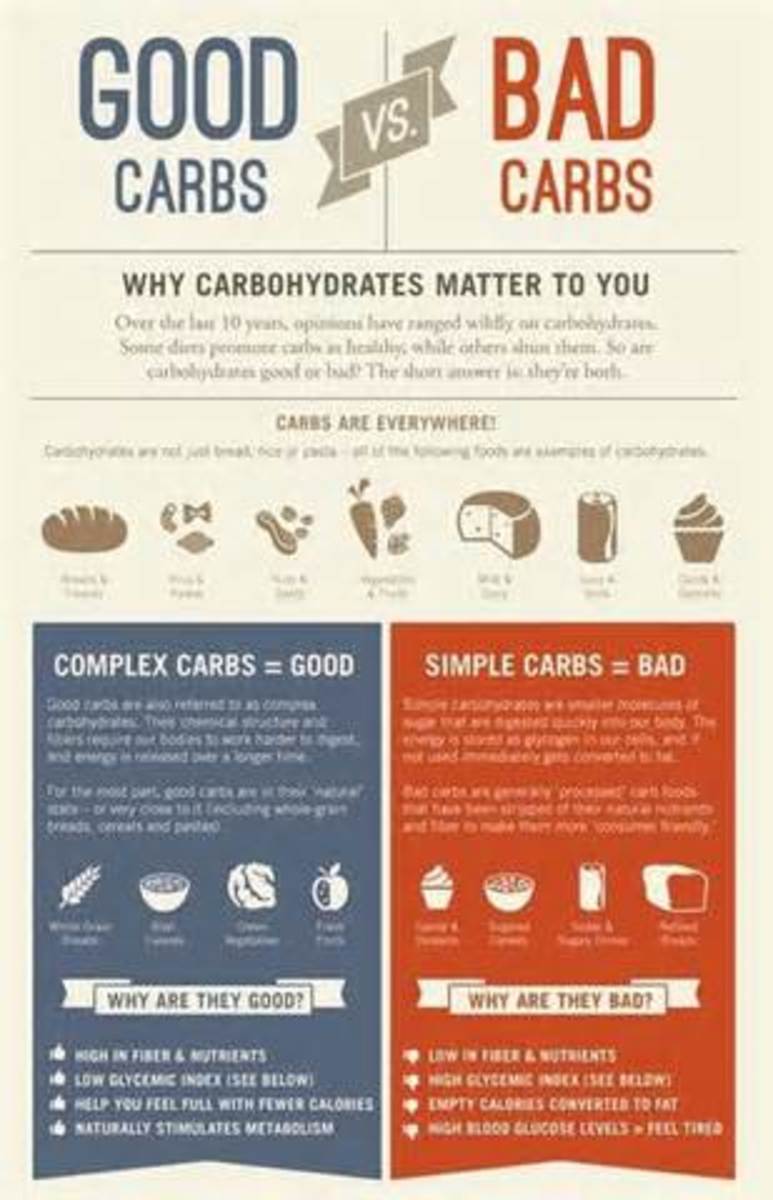How does vitamin K help
Vitamin K refers to a group of chemically similar fat-soluble compounds called naphthoquinones. Vitamin K1 (phytonadione) is the natural form of vitamin K, which is found in plants, and provides the primary source of vitamin K to humans through dietary consumption. Vitamin K2 compounds (menaquinones) are made by bacteria in the human gut, and provide a smaller amount of the human vitamin K requirement. Vitamin K1 is commercially manufactured for medicinal use under several brand names (Phylloquinone, Phytonadione, AquaMEPHYTON, Mephyton, Konakion). A water-soluble preparation is available for adults only as vitamin K3 (menadione).
Vitamin K was discovered in the 1930s by a researcher in Denmark and was named for the Danish word "koagulation," because one of its primary functions is to help blood clot, or coagulate, when you're bleeding. Vitamin k plays multiple biological functions in human body. It participates in blood clotting, bone health, fights cardiovascular diseases. The mechanisms by which vitamin K plays these functions will be discussed herein.
How does it help blood clot?
Vitamin K is used by the liver to form at least four different kinds of proteins that are necessary for blood to properly clot. These factors include factor II (prothrombin), factor VII (proconvertin), factor IX (thromboplastin component), and factor X (Stuart factor). Other clotting factors that depend on vitamin K are protein C, protein S, and protein Z. Deficiency of vitamin K or disturbances of liver function may lead to deficiencies of clotting factors and excess bleeding. Vitamin K1 is the preferred form used in the liver to carboxylate clotting factors.
How does it help bone health?
In addition to participating in the formation of important blood-coagulation factors, vitamin K is responsible for assisting in the formation of three important proteins produced outside the liver. These proteins are osteocalcin, matrix Gla protein, and protein S. Osteocalcin is involved in the mineralization of bone. Adequate vitamin K intake and vitamin K body levels are linked to bone mineral density. Research found that patients who suffered fractures caused by osteoporosis had vitamin K levels 70% lower than age-matched controls. Supplementation with vitamin K2 has been shown to be an effective treatment against osteoporosis. A review study of randomized controlled human trials of at least 6 months duration that assessed the use of vitamin K1 or K2 to lower fracture risk identified 13 trials. In all but one, vitamin K reduced bone loss with K2 being most effective, reducing risk of vertebral fracture by 60%, hip fracture by 77%, and all non-vertebral fractures by 81%. Vitamin K2 also works with vitamin D3 to increase the production of Gla-proteins, including osteocalcin in osteoblasts (the cells that build bone), while also inhibiting the production of osteoclasts (the cells that break down bone). The compound effect of this is increased bone formation. Vitamin K2 is preferentially used in the rest of the body to carboxylate the other vitamin K-dependent Gla-proteins, including osteocalcin, which is essential for bone health, and matrix-Gla protein, which prevents calcification of soft tissue, i.e., blood vessels and organs.
How does it help the health of cardiovascular system?
When levels of vitamin K are insufficient, high levels of uncarboxylated (inactive) osteocalcin float around in the bloodstream. Not only is calcium not delivered to the bones, which become porous, but it's deposited in the arteries, which become calcified.
Cardiovascular disease is not just about cholesterol, which, if oxidized, can cause the formation of plaques on the innermost wall of the arteries, a condition called atherosclerosis. As lethal as arterosclerosis, hardening of the arteries due to calcium deposits in their muscular midsection is very harmful to our health. Sudden death from heart attack is highly correlated with calcification of the aorta than cholesterol. Fortunately, one of the vitamin K2-dependent proteins, matrix Gla-protein (MGP) is the strongest inhibitor of tissue calcification presently known. MGP is produced by muscle cells in the vasculature where, once carboxylated by vitamin K2, it binds to and inhibits a protein called bone morphological protein-2 (BMP-2). BMP-2 causes calcium deposition in blood vessels. K2 also helps promote blood vessel elasticity by safeguarding elastin which is the core protein in the muscle fibers primarily responsible for the elasticity of the arterial wall.
It may also improve health conditions of Parkinson's patients
Neuroscientist Patrik Verstreken and his research team from Northern Illinois University found that fruitflies with genetic defects in PINK1 or Parkin that is similar to the one associated with Parkinson's are paralyzed. They also found that the mitochondria of these flies are defective as in Parkinson's patients. As a result, the insects produced less energy needed for them to fly. Giving vitamin K to genetically defective flies restored the energy production in their mitochondria by improving electron transportation and their ability to fly improved. Their research was recently published in the journal Science. This really is an exciting hope for Parkinson’s patients
Based on the above discussion, we can see that vitamin K plays very important biological functions. In order to maintain healthy living, we need to pay close attention to our vitamin K requirements and adjust our diet to meet the requirements. We may also using some vitamin K supplement to prevent Deficiency.








